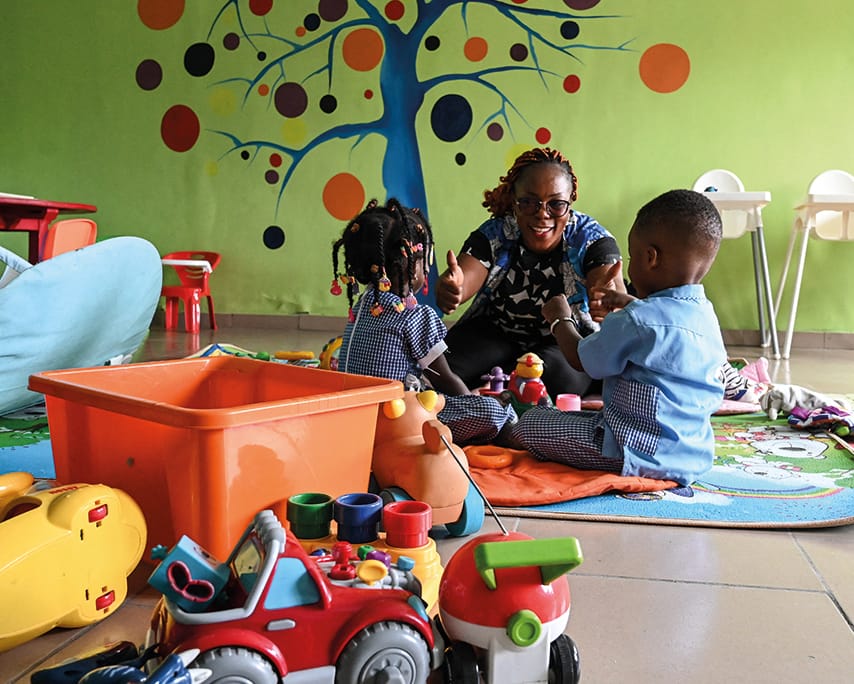Education for an Africa emerging as an investment destination
Africa is emerging as a key destination for global investments, driven by its youthful population, abundant natural resources, expanding economies, and rapid technological adoption. To sustain and accelerate this progress, education must equip people with the skills, knowledge, and mindset required to thrive in today’s fast-evolving world. On this year’s International Day of Education, it is crucial to explore how education plays a vital role in preparing the continent to fully embrace and benefit from the growing wave of investments.
To prepare Africa’s workforce, education must focus on Science, Technology, Engineering, and Mathematics (STEM), entrepreneurship, and digital literacy. These areas are essential for solving challenges in energy, infrastructure, and technology. For example, renewable energy projects need skilled engineers, while building infrastructure requires architects, technicians, and civil engineers. However, the progress of these efforts is often slowed down by a lack of funding, proper facilities, and skilled teachers.
Entrepreneurship education is also crucial. It gives young people the tools to create jobs and develop innovative ideas, especially in areas with fewer opportunities. Teaching business and entrepreneurial skills has become a priority because Small and Medium Enterprises (SMEs) play a significant role in Africa’s economy. However, these businesses often struggle to grow due to limited access to money, infrastructure, and markets. Solving these problems can help SMEs create more jobs and boost the economy.
Digital literacy is another key part of preparing the workforce. It helps people participate in the global digital economy. Africa has seen significant growth in areas like e-commerce, fintech, and digital platforms, showing its potential. However, many people, especially in rural areas, still lack access to technology and the internet. This gap needs to be closed to ensure everyone can benefit.
Since many African economies rely heavily on agriculture, vocational and technical education is crucial. These programmes can help improve industries like farming and manufacturing by teaching skills that add value to natural resources. This can drive economic growth and reduce the focus on exporting raw materials, which often generates less income compared to exporting higher-value finished goods.
In recent years, more investments and partnerships have supported business training programmes, especially for small businesses. These efforts have helped strengthen local businesses, but more needs to be done to teach them how to grow and scale up. This includes teaching them how to expand, access larger markets, and improve their production capacity. Helping small businesses grow will lead to more jobs, stronger economies, and the development of new products and services.
Africa’s youthful and rapidly growing population holds immense potential to drive economic transformation. However, this potential can only be fully realised if education systems are adapted to meet the evolving demands of a dynamic global economy. This year’s International Day of Education highlights the pivotal role of technology in shaping education, with a particular focus on equipping the workforce with the skills and knowledge needed to thrive in the 21st century. For Africa to establish itself as a leading investment destination, it must align its education systems with global trends, address existing skill gaps, and foster innovation and research.



